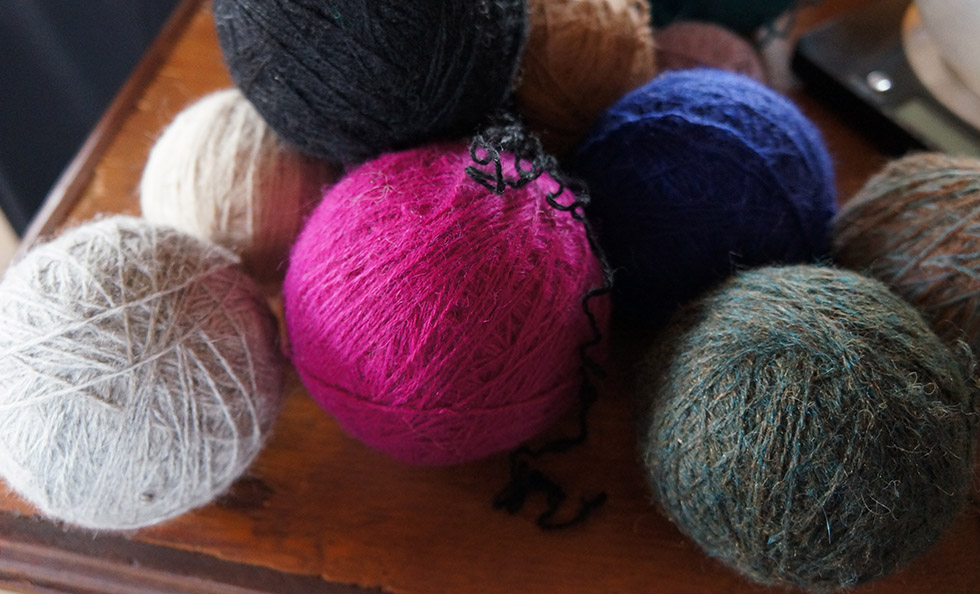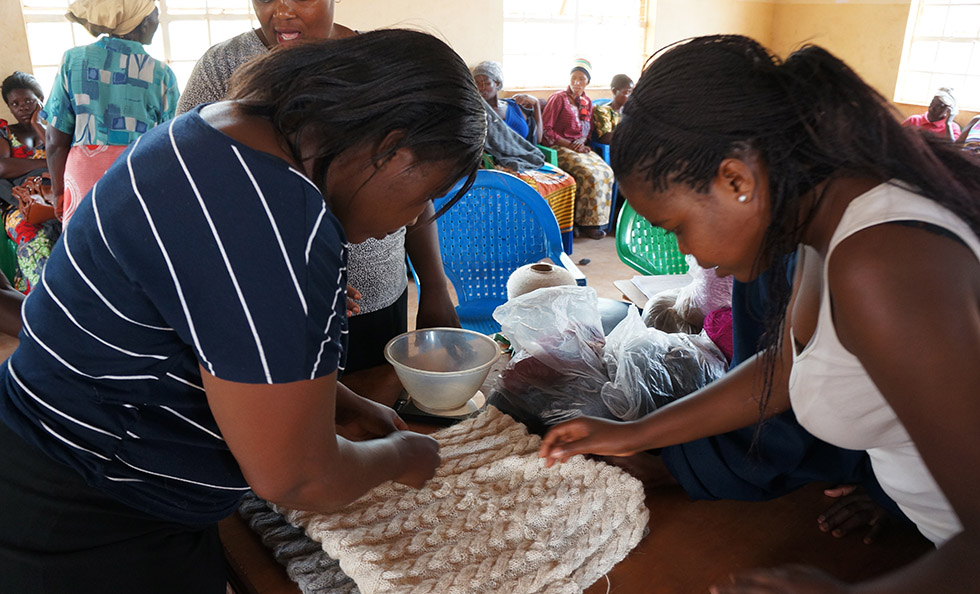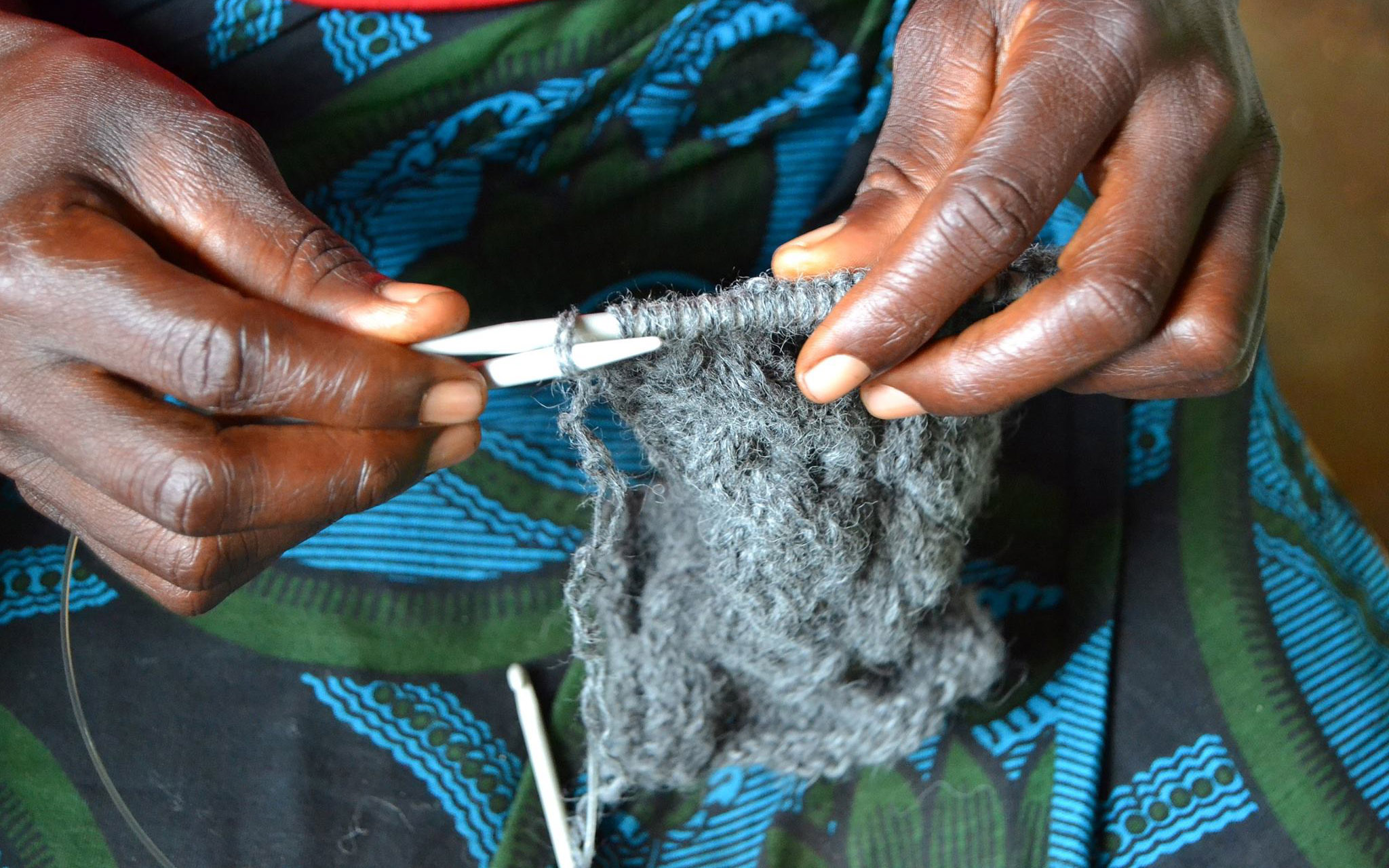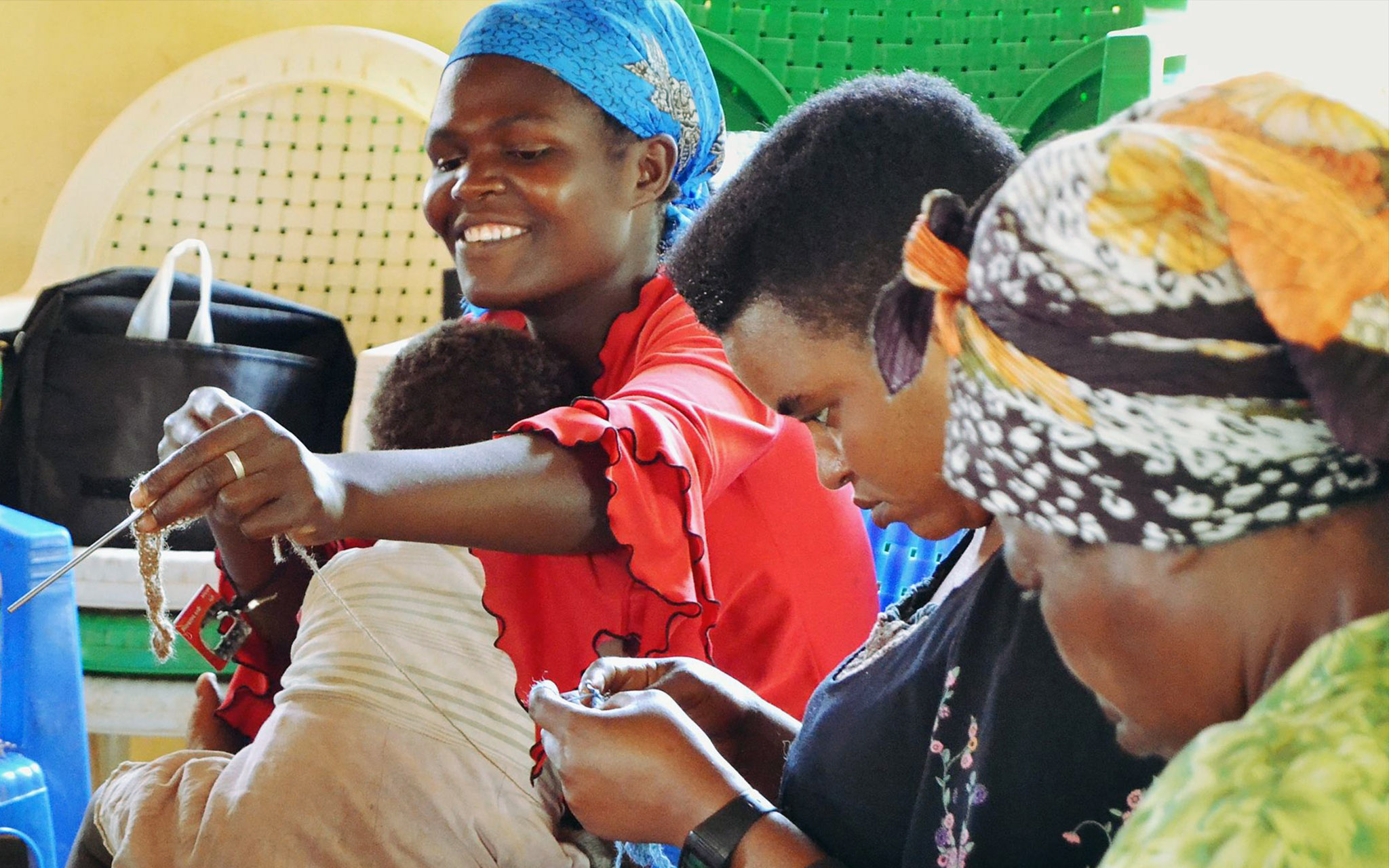
Amayi empowers women in business
April 2014 - March 2019
Malawi
Amayi provides training and income to women in Malawi.
Amayi empowers women in business
April 2014 - March 2019
Malawi
Amayi is a social enterprise that aims to empower women in Malawi to gain the skills and networks to support themselves and their families financially. Originally called Fiola Fairrari, Amayi works with women-led families, widows and women with fewer opportunities both in Malawi’s capital Lilongwe and also in and around Dzaleka Refugee Camp (refugees in Malawi are not given the right to work outside the camp).
Over the past five years, a group of women from the Lilongwe area in Malawi have been hand knitting and crocheting alpaca scarves and hats to sell. Each item is quality checked and then purchased by Amayi. Products are sold locally in Lilongwe, and internationally in Oslo, London and Cape Town as well as online. Rei Foundation has also been involved in facilitating opportunities for Amayi to market and sell their products internationally.
Over the past five years, a group of women from the Lilongwe area in Malawi have been hand knitting and crocheting alpaca scarves and hats to sell. Each item is quality checked and then purchased by Amayi. Products are sold locally in Lilongwe, and internationally in Oslo, London and Cape Town as well as online. Rei Foundation has also been involved in facilitating opportunities for Amayi to market and sell their products internationally.
One member in Lilongwe, Eliza, explains how this new income has impacted her life, “I have built a small house with the income that I’ve earned – and sent my eldest to back to school. When I first started I didn't think I would have dignity again – I have HIV from my late husband and my family shunned me. I lost everything I had. But now I wake up and work, with hope for the future. I’m living positively.”
Along with the Lilongwe-based group of workers, Amayi has identified women in the Dzaleka Refugee Camp and the surrounding area in Dowa, Malawi, to form a new work group. This was implemented in collaboration with the Jesuit Refugee Service and UNHCR. Selected women from the Lilongwe group have travelled regularly to meet with the Dzaleka group to share skills and assist with quality control.
Along with the Lilongwe-based group of workers, Amayi has identified women in the Dzaleka Refugee Camp and the surrounding area in Dowa, Malawi, to form a new work group. This was implemented in collaboration with the Jesuit Refugee Service and UNHCR. Selected women from the Lilongwe group have travelled regularly to meet with the Dzaleka group to share skills and assist with quality control.
War in my home country means my children and I now live apart, which is painful. When I started working for Amayi I began a journey back to being a person again, back to being part of a community and my depression has lifted.
— Shana, Amayi member living in Dzaleka Refugee Camp
Dzaleka is one of two refugee camps in Malawi and, according to UNHCR, hosts approximately 34,000 refugees and asylum seekers. Most residents originate from the Great Lakes Countries of Rwanda, Burundi and the Democratic Republic of Congo (DRC), where widespread violence and human rights abuses continue. Many residents of the camp have suffered traumatic experiences such as the killing of family members, torture, rape, arbitrary detention and destroying of their homes, forcing them to flee their home countries.
A multitude of cultural and societal factors negatively affect the position of women and girls in the community, and levels of sexual and gender based violence in the camp are high.
A multitude of cultural and societal factors negatively affect the position of women and girls in the community, and levels of sexual and gender based violence in the camp are high.
Economic independence is a major challenge for all residents living in Malawi refugee camps, due to restrictions on movement and employment.
Amayi is helping to ease these pressures, not only giving women work, but also a support system. Another member, Shana, says, “War in my home country means my children and I now live apart, which is painful. When I started working for Amayi I began a journey back to being a person again, back to being part of a community and my depression has lifted.”
This project also involves Malawian women living in the area surrounding the camp, with the aim of harmonising relations between the local women and women who live at Dzaleka, by providing them equal opportunities as well as possibilities to interact and achieve something together.
Amayi is helping to ease these pressures, not only giving women work, but also a support system. Another member, Shana, says, “War in my home country means my children and I now live apart, which is painful. When I started working for Amayi I began a journey back to being a person again, back to being part of a community and my depression has lifted.”
This project also involves Malawian women living in the area surrounding the camp, with the aim of harmonising relations between the local women and women who live at Dzaleka, by providing them equal opportunities as well as possibilities to interact and achieve something together.
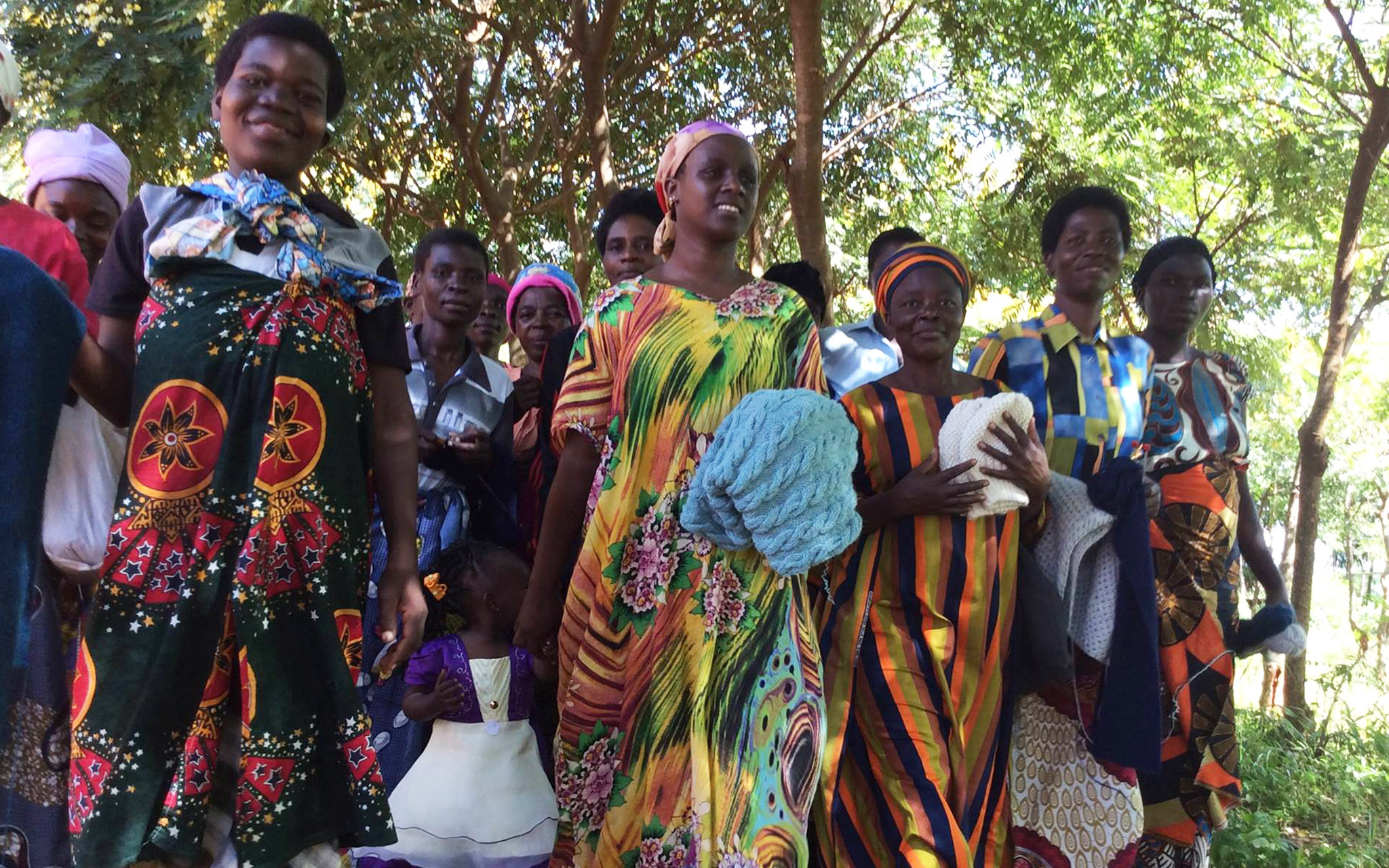
A group of Amayi members, proud of their work.





